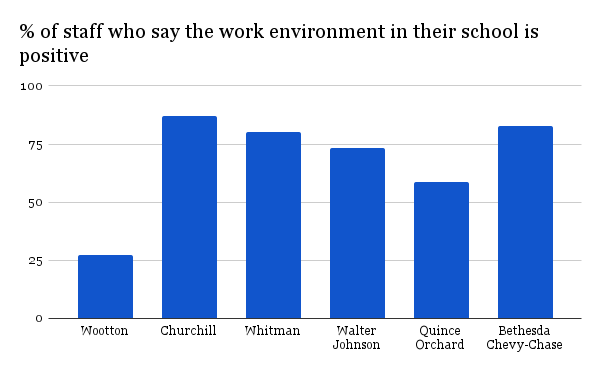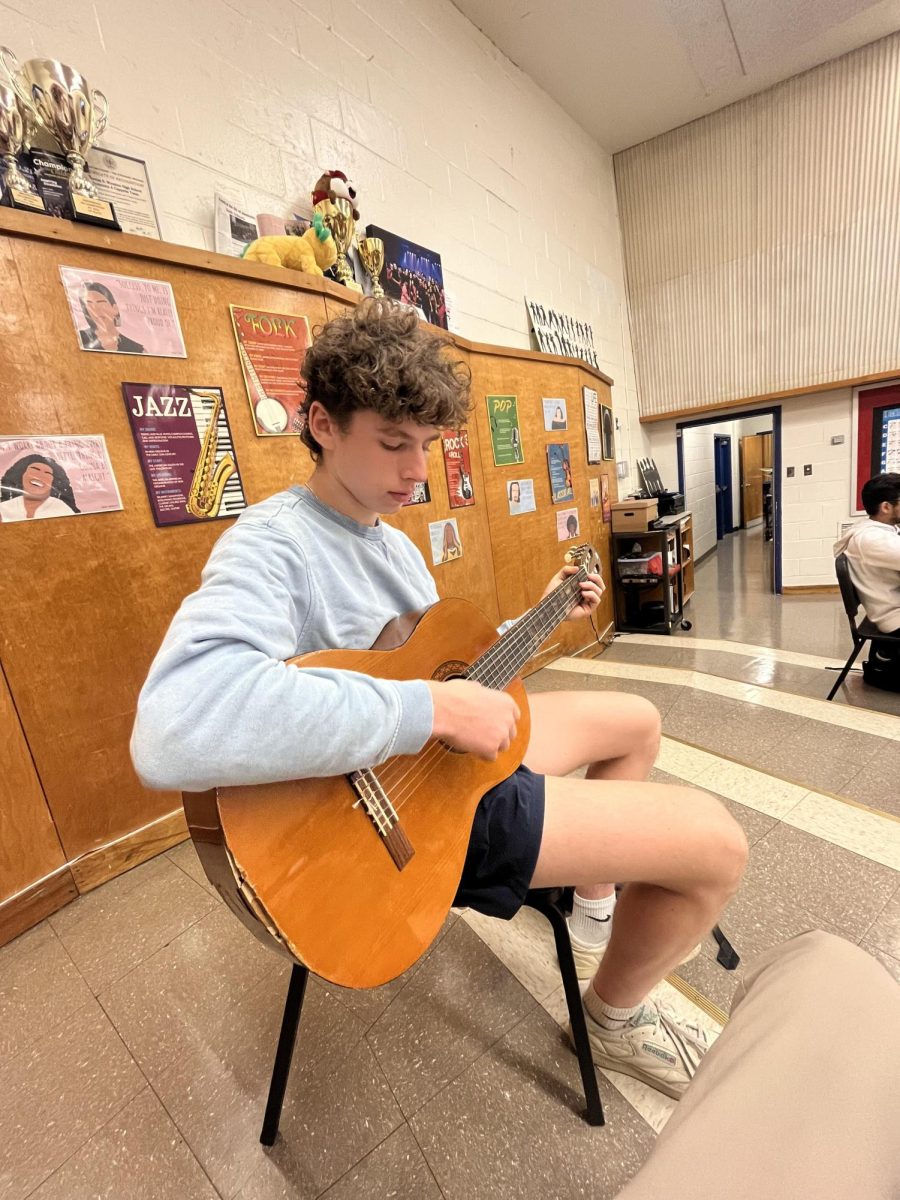We all know someone who has an unhealthy dependency on caffeine. If they forget their coffee, it could result in headaches, struggling to stay awake in class or both. However, there are effective solutions to the caffeine struggle.
Drink more water: Because dehydration brings a risk of fatigue, staying hydrated is essential to staying alert and awake throughout the day. Drinking those eight glasses a day (or the equivalent in a few water bottle refills) will help keep energy levels up. A study from Tufts University found that even a loss of one to two percent of water in one’s body is associated with fatigue and confusion.
Listen to music: Disclaimer: this may not be fitting for all classes. However when it is appropriate to listen to music (not in the library), definitely take advantage. A study conducted by neuroscientists at McGill University found that when people listened to music that gave them goosebumps or chills, there was an increase of dopamine (a neurotransmitter that helps control the brain’s reward and pleasure centers, according to Psychology Today). So crank up that music to be happier and more energetic.
Take power naps: Need to recharge after school, work or a practice? Power naps are the ideal solution. According to a Harvard Health letter, keys to taking a good nap include being in a dark and quiet place and maintaining a regular nap time to help fall asleep and wake up faster. The ideal nap time is about 20-30 minutes long, as longer naps can lead to sleep inertia, also known as grogginess. “I can’t take naps at the same time every day because I have work, but I always feel so much more energized when I take a short nap after getting home from school,” senior Nina Wagner said.
Have a consistent bedtime and get a full eight hours of sleep: Just like having a consistent nap time will help one have the optimal napping experience, a consistent bedtime will lead to the best sleep possible. Additionally, getting that recommended nightly eight hours can do wonders for energy levels, but mainly when it happens every night. “I started going to sleep earlier recently and I’m rarely tired during school now,” senior Amani Ahmed said.
Have a healthy snack: While sugary foods/ drinks and caffeine will lead to a temporary burst of energy, a crash will always be imminent. Instead, eating small snacks with protein and/or nutrients such as iron and healthy fats will consistently increase energy throughout the day. A handful of almonds or a protein bar are great options. “I tend to get hungry before the end of the day so I try to bring an extra snack so I don’t get too hungry and I stay energized,” senior Darren Bogart said.
Sydney Cohen
Features Editor




![Editors-in-Chief Ahmed Ibrahim, Helen Manolis, Cameron Cowen, Alex Grainger, Emory Scofield, Hayley Gottesman, Rebekah Buchman and Marley Hoffman create the first print magazine of the year during the October press days. “Only a quarter of the schools in MCPS have programs that are like ours, a thriving, robust program. That makes me really sad. This is not just good for [the student journalists] to be doing this, it’s good for the entire community. What [student journalists] provide to the community is a faith in journalism and that continues for their lifetimes," Starr said.](https://woottoncommonsense.com/wp-content/uploads/2025/10/wmpoFTZkCPiVA3YXA4tnGoSsZ4KmnKYBIfr18p3l-900x1200.jpg)



